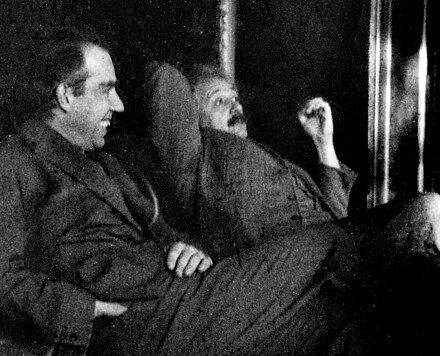Why Is Everything Either Amazing Or Awesome?
By Eli Amdur
A thousand years from now, historians, cultural anthropologists and linguists will look back on the beginning of this millennium and wonder about a curiously strange phenomenon.
What, they will ask, happened to adjectives? Well, at least what happened to all but two adjectives? It appears that – with a large portion of American English speakers – every thing, every person, every place, every food, every experience and every thought came to be described with one of two adjectives.
No kidding. English — with all its words, synonyms, variations, and exceptions; with its porousness that absorbs interesting components from other languages; with its agility and capability of creating new words (in science, technology, slang, and common usage), with its overpowering muscularity and lighthearted playfulness and, most of all, with its proven staying power as the most effective global communication language – is being reduced to a language of two adjectives.
English, a language that was almost extinct at the beginning of the second millennium but is now the world’s most prominent language; English, spoken as a first or second language by nearly half the people on earth and as the official second language in 56 countries; English, the global language of business and science; English, with more ways to say any one thing than any other language; English is being reduced to a language of two adjectives.
Amazing! Awesome!
Or is it?
Forgive my sarcasm, but making my living with words, I’m not thrilled with what I’m seeing. Not as a career coach, a public speaker, a professor of a graduate course in executive communication or a journalist. I can give you chapter and verse, long diatribes, and more reasons than you can count why this is so deflating, but I’ll stick to the career aspects.
The ability to communicate effectively is, always was, and always will be the most important skill set we can develop – both in the workplace and out of it – and is, according to all surveys of executives over the past 50 years (that I’ve been aware of this), the most critical and sought after skill set of all. It’s the king of soft skills and – by far and away – more valuable than any hard skills, with no exceptions. For 15 years, I taught a graduate leadership course at Fairleigh Dickinson University (Northern New Jersey) based on this one premise: the prime importance of high-level communication skills is unsurpassed.
But calling everything in the world amazing or awesome is not living up to the potential of such a rich and creative language. It is denying its legacy and it just does not cut it, frankly, yet that’s where we’re heading. It’s lazy, inexact, inappropriate, hyperbolic and, after not too long, boring.
If you can’t express yourself better than that, you’re going to run up against a brick wall sometime in your career, usually before you realize that you just did. People who make decisions about hiring you, promoting you, or referring you put more emphasis on your communication skill set than on anything else.
In other words, they’re saying they can get all the accountants, chemists, software engineers, sales analysts and anyone else with hard skills they want. But what keeps them up at night is a giant deficiency: the inability to find people who know how to talk to each other – to co-workers, vendors, customers and so on.
I have been observing and writing on this issue for years. So why again? Because the problem is not self-correcting; it’s worsening, and I came across a pathetic example recently which, for me, reopened the wound.
One of my career coaching clients in the middle of a job search forwarded to me an email she got from a staffing agency’s recruiter who wanted to present my client to her client. Here’s what the staffer said about the company: “They’re an amazing company … and they have an awesome office.”
That was it. Nothing remotely resembled a specific reason to consider the company. But they were amazing. And their workplace is awesome.
That didn’t have the desired effect on my client because, well, what did it say? Nothing, that’s what it said. But happily, she realized it, not to mention the futility of dealing with someone whose
communication skills are, clearly, less than awesome or amazing.
Pay close attention to the communication that’s going on around you and tell me if I’m wrong. No, don’t bother telling me I’m wrong. On this, I’m not.
And I’m not wrong about the bigger issue, either. The one single thing that will separate those of us who move forward in 21st-century careers from those who don’t is a great communication skill set. Double that when you throw AI into the mix.
Not to mention imbibing in “The Joy of English.”
Now that’s amazing and awesome!

